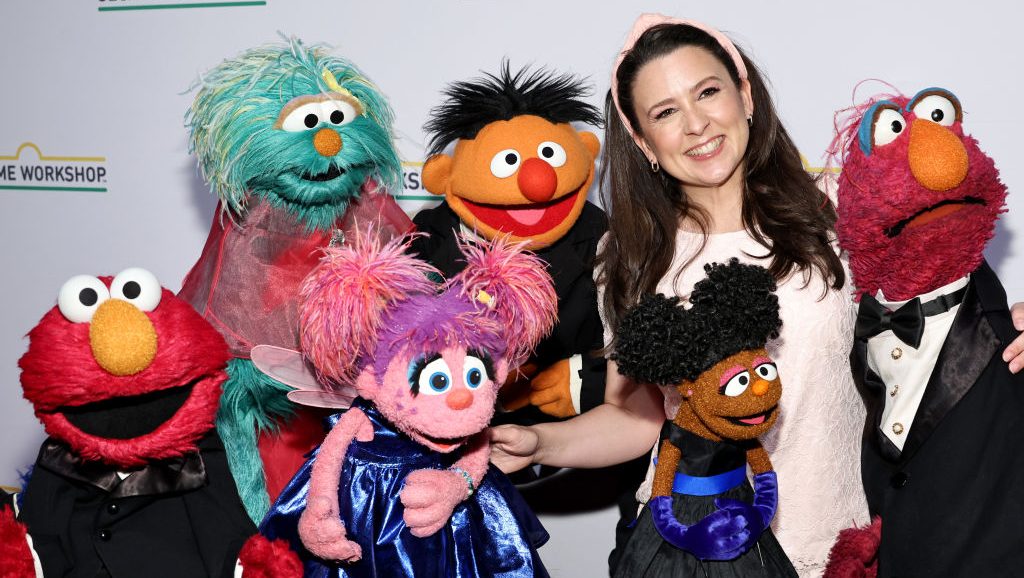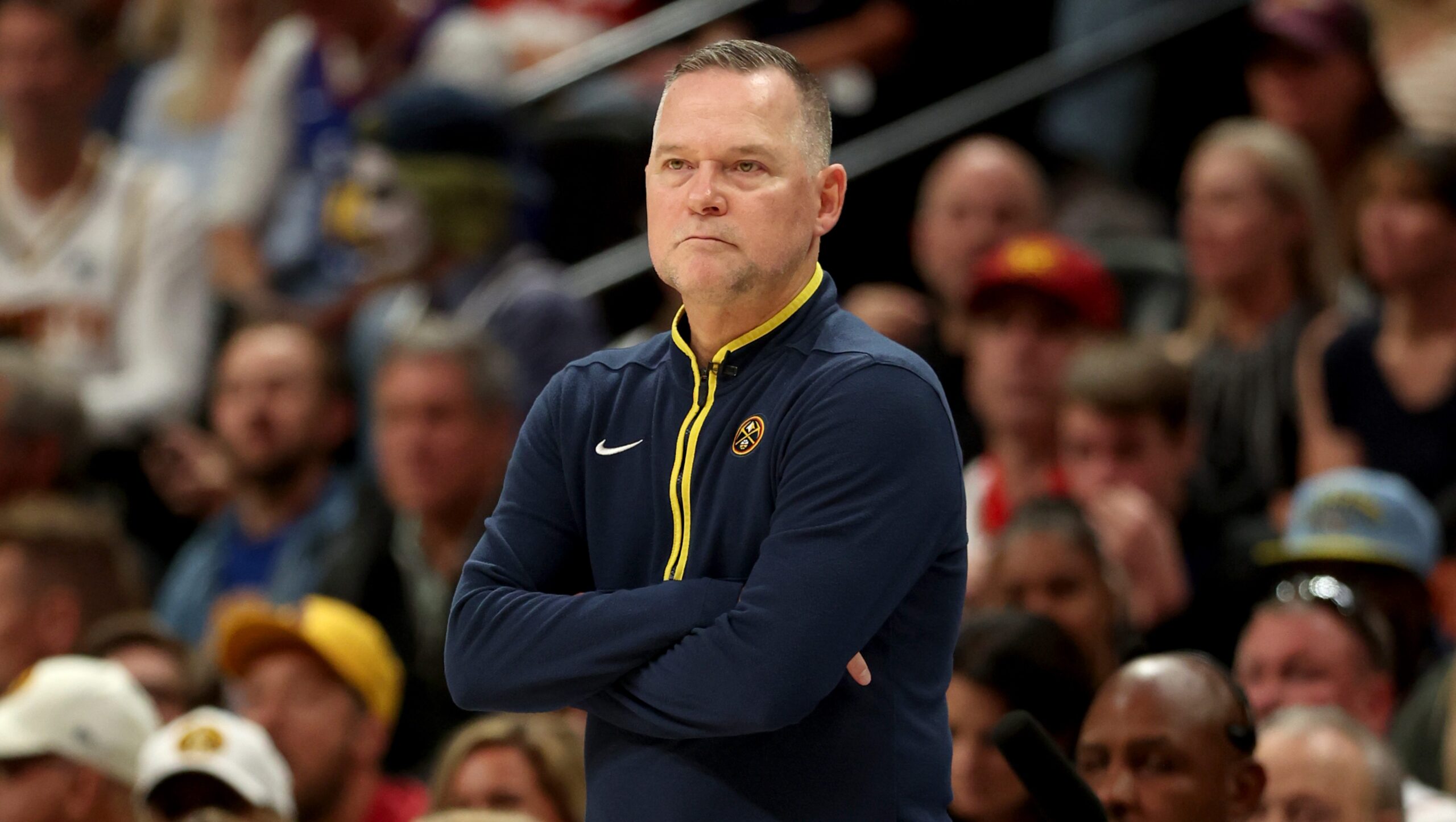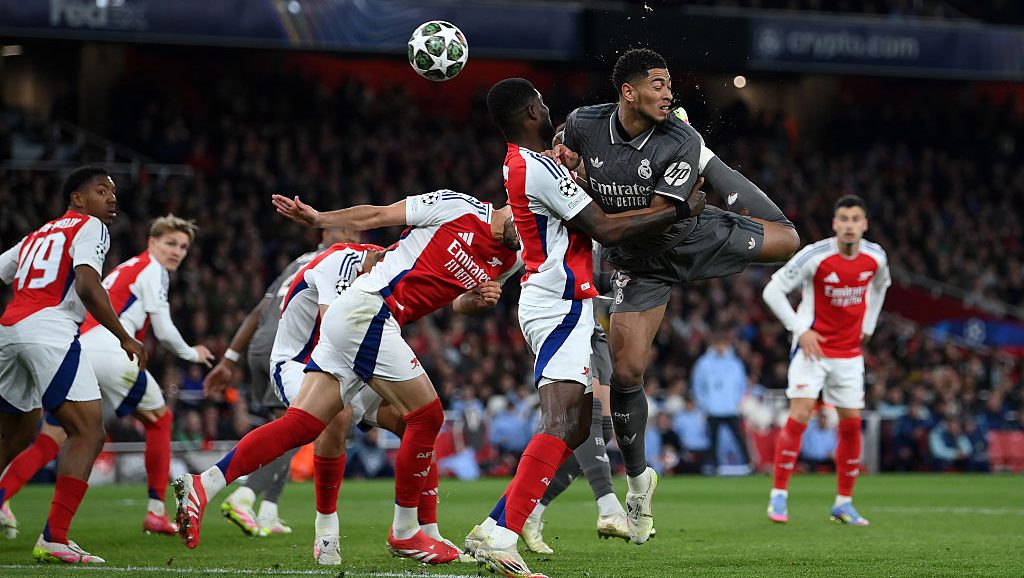It’s stunning extra up to date zombie movies haven’t been thinly-veiled metaphors for the COVID-19 pandemic. In that vein, Meera Menon‘s bleakly amusing “Didn’t Die” has the precise thought — one in every of a number of outstanding conceptual instincts— although its finish result’s considerably scattered. The film follows sardonic Indian American podcast host Vinita Malhotra (Kiran Deol) by way of romantic and familial reunions as her present celebrates its one hundredth episode. Menon makes an attempt to juggle this simple plot with considerate reflections on lingering trauma two years into an apocalypse, although the movie doesn’t all the time succeed.
Menon’s monochrome zombie comedy-drama is, in the beginning, a personality piece: it really works finest when the viewers is allowed to neglect about its horror subgenre. Intentional or in any other case, this makes for a becoming embodiment of how mane individuals function amid international tragedy; out of sight, out of thoughts. Nevertheless, this imbalance proves debilitating within the moments the parallel tales collide, leading to aesthetic clashes too.
Via her informal, lingering digicam, Menon (and husband-writer-cinematographer Paul Gleason) creates withdrawn sensations as Vinita traverses a desolate U.S. panorama throughout her podcast tour, alongside her meek youthful brother Rishi (Vishal Vijayakumar). Rishi is troubled by one thing in his previous — and much more so by the truth that the movie’s nocturnal zombies, or “biters,” have begun showing throughout daylight, a mutated “second wave” — however Vinita doesn’t, or can not, acknowledge her brother’s woes. She’s a distinctly inward-looking protagonist, making her makes an attempt to attach with listeners (over the airwaves, and in individual) all of the extra fraught.
The siblings find yourself on the dwelling of their older brother, Hari (Samrat Chakrabarti) and his spouse Barbara (Karie McCuen), who’ve spent the final two years of this international meltdown indoors. Hari is pensive in his non-public moments, however places on a personable entrance for household, whereas Barbara — whose identify appears to be one in every of a number of nods to “The Night time of the Dwelling Lifeless” — is caught between staying on guard with protecting spears and bedazzling her weapons as a interest. Chakrabarti and McCuen are the film’s strongest dramatic instruments; though initially unassuming, they step by step unfurl advanced dramatic layers to each characters within the restricted time they’re given.
The couple’s dwelling offers refuge for the Malhotra household to reminisce (by way of flashbacks offered as 8mm dwelling motion pictures), and much-needed dramatic downtime for the movie itself, distant from zombie assaults which can be offered imprecisely, if not outright sloppily. Nevertheless, for each little bit of motion and horror that lacks all influence, Menon creates attractive moments of character-centric comedy when Vinita runs into her wayward ex-boyfriend Vincent, who claims to have turned over a brand new leaf, and carries with him a child woman he rescued from a “biter” assault, difficult his incapacity to commit.
The interpersonal moments between these vibrant characters are normally a deal with. It’s particularly refreshing to look at a gaggle of South Asian American characters exist with out having to announce or justify their identities (as is the case after they’re supporting characters in greater productions, or in private indie tasks, whereby inter-generational strife is commonly the first focus). Furthermore, there’s a definite concord to the movie’s interracial couplings — born, maybe, from the lives of its two married writers — with out the necessity to current awkward skirmishes. It isn’t a culture-clash comedy, however relatively, one through which the characters are all conversant in one another’s lives and backgrounds, and their tensions are extra encompassing than mere superficial misunderstandings (Even the Malhotra household seems to be mixture of South and North Indian ethnicities). Whereas it appears counter-intuitive to harp on what the film doesn’t do, this absence of acquainted tropes paves a wider path alongside which the characters’ relationships can unfold, between Vinita and Vincent confronting their previous, and Hari and Barbara reluctantly planning for a future they could by no means see.
The movie is jam-packed with fantastic concepts, although it’s seldom allowed to convey all of them to fruition, if solely as a result of its zombies really feel much less like a urgent hazard (and even metaphors) and extra like trite interruptions. On one hand, that is sensible as an analogue of the pandemic, because the undead throw a wrench into any and all plans. Nevertheless, they’re by no means scary, or humorous, or ironic; their look is all the time accompanied by “Didn’t Die” shedding management (normally by way of geography and proximity, which go instantly out the window).
The impact right here is two-fold. The “biters” are solely technically symbolic, in essentially the most base and roundabout approach. They characterize all the identical issues (sickness, isolation), each after they’re hidden away from the narrative and after they make take over the plot. It results in a hastening of character arcs and an absence of discernible hazard, snowballing right into a closely protracted last act. If something, that the movie is about zombies in any respect is an inconvenience; their style components’ major operate is to tie disparate components collectively, however there’s not sufficient formal precision to again it up. As private drama, “Didn’t Die” virtually works. Sarcastically, it narrowly misses cohesion, and the spark of life, as a result of its premise retains centering the lifeless.
The post An Imbalanced Pandemic Zom-Com With All The Proper Concepts appeared first on Allcelbrities.








